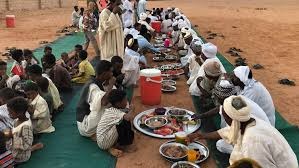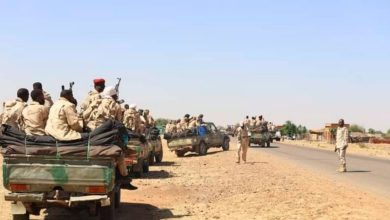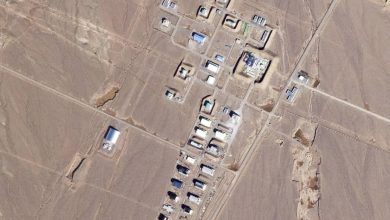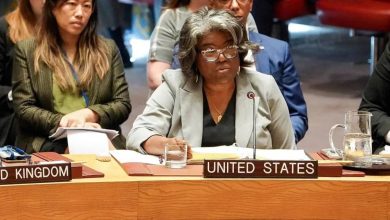Ramadan in Sudan: One Year After War, Hunger Looms

The Holy month of Ramadan had always been a happy and peaceful occasion for Hanadi Ali, a 55-year-old native of the Sudanese capital Khartoum.
Last year, Hanadi was getting ready for the Muslim holy month as usual, which includes buying supplies such as meat, sugar, oil, and sweets a week or two in advance to make family meals for Iftar.
Hanadi recalls the tradition of Sudanese men often breaking their fasts before going to mosques in groups, followed by enlightening and sometimes lighthearted conversations. “Then, everyone, men and women, would gather during Tarawih and return home happy,” Hanadi said. “We were safe.”
But just days before Eid al Fitr, a war erupted in Sudan last April 15, when a bloody power struggle between Sudanese army chief Abdel Fattah al Burhan and the paramilitary Rapid Support Forces (RSF) Mohamed Hamdan ‘Hemedti’ Daglo pulled Sudan into a whirlwind of chaos and violence.
Hanadi and her family are among an estimated eight million Sudanese who have been displaced from their homes due to fighting between the army and paramilitary across the country, heavily concentrated around Khartoum and some other regions like Darfur and Kordofan.
Ramadan this year is noticeably different, says Hanadi, who owned and ran a mini market in Khartoum. She travelled with her daughters, sister, and nephews to Gaderef in the east of Sudan, before being uprooted in Egypt, where they now live.
“I did not feel the taste of Ramadan because I lost loved ones. I lost the presence of my neighbours. I lost conversations with my family and brothers,” Hanadi laments, adding that performing Tarawih has also been difficult as she injured her leg during her journey to Egypt.
Throughout the precarious passage, Hanadi worried about the reception that awaited her and her family at their destination. Would they be welcomed kindly? How would her schooling children be treated by their peers? Her children were worried they would be bullied in a new environment.
Fortunately, their fears faded upon reaching Cairo.
“We found the Egyptian people understanding and aware [of the situation in Sudan], but life conditions differ a little. I don’t know, perhaps because of the high price, life here is a little harsher than [where I’m from]. Life is easier in Sudan during Ramadan,” Hanadi reminisces.
Days before Ramadan, the UN Security Council called for a ceasefire in Sudan to coincide with the Muslim holy month, in addition to allowing aid to reach millions of people in desperate need of food.
With the humanitarian response spread thin, nearly five million people could suffer adverse hunger in parts of the country in the coming months, with almost 730,000 children projected to suffer severe acute malnutrition.



